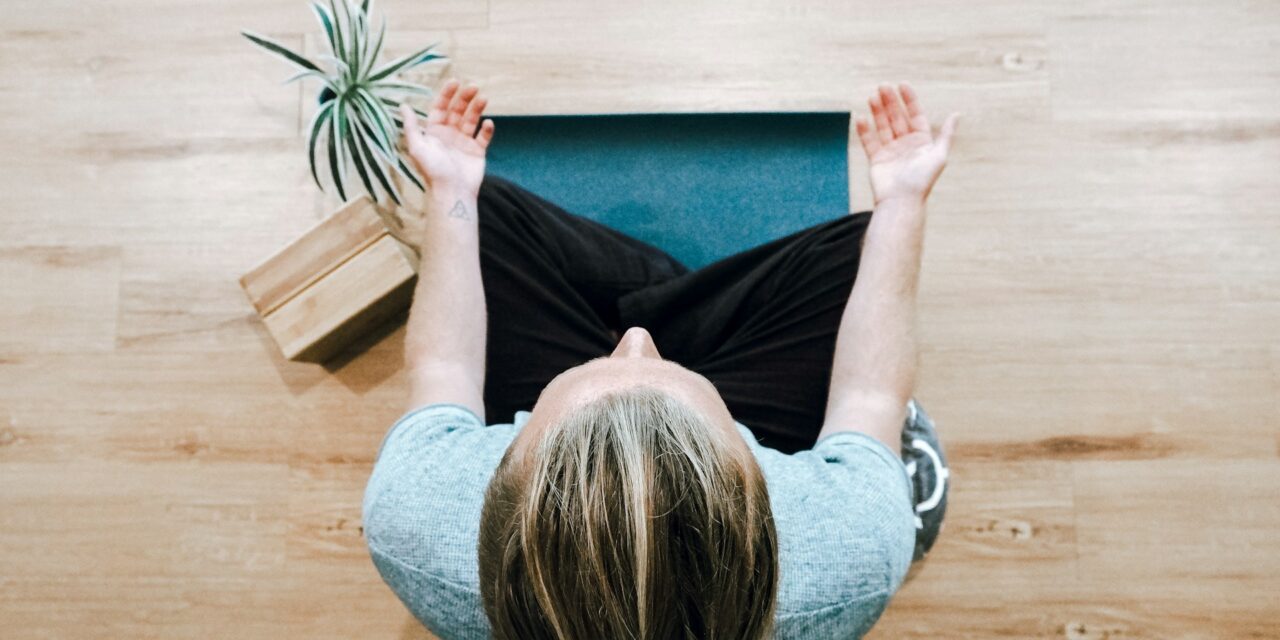Wondering if meditation is the right choice for you? Discover 5 common signs that you should pick up meditation as a healthy habit.
Estimated reading time: 4 minutes
Midway into 2025, it’s clear the world isn’t slowing down. Between digital overload, workplace stress, and constant noise—both literal and mental—our minds are often in a constant state of fatigue. Meditation, once viewed as a niche wellness practice, is now recognized as a science-backed tool for enhancing mental clarity, emotional stability, and even physical health. If you’ve been on the fence, here are five signs that this is the year to make meditation part of your life.
Your sleep patterns are disrupted
If falling asleep has become a nightly battle or if you wake feeling unrested, meditation could offer a simple but powerful solution. In today’s hyperconnected world, sleep disruptions are increasingly common. The habit of scrolling through social media before bed—often called “doomscrolling”—has been linked to anxiety and poor sleep quality. Recognizing this, some platforms have started promoting bedtime mindfulness features to help users unwind.
Guided meditations can help ease the transition from wakefulness to rest by calming the nervous system. According to a Healthline article medically reviewed by Dr. Cynthia Cobb, meditation “can quiet the mind and body” and when done before bedtime, it “may help reduce insomnia and sleep troubles by promoting overall calmness.”
Stress and anxiety levels are sky high
Nearly everyone experiences stress, but if it’s beginning to affect your daily functioning, meditation could help restore balance. The past few years have seen a surge in mental health challenges, and chronic stress is now recognized as a serious contributor to illness.
Research shows that meditation, particularly mindfulness-based stress reduction (MBSR), reduces the body’s cortisol levels—the hormone responsible for stress. It also lowers heart rate and improves mood stability. A consistent practice can help you build emotional resilience and become more aware of your stress triggers.
Some people choose alternative methods to relieve their anxiety, such as organic CBD. Healthline reports, “A 2020 literature review on CBD and mood disorders found that multiple studies suggest CBD has properties that may help reduce symptoms of depression, anxiety, and even psychosis.”
Concentration and focus are waning
Many people find it harder to focus today than ever before. The constant influx of information, emails, and alerts fragments our attention spans. If you’re struggling to stay productive or get lost in deep work, meditation may offer an edge.
Meditation trains the mind to resist distractions and return to the present. In fact, studies have found that just a few weeks of meditation can significantly improve attention span and working memory. According to a Harvard study, mindfulness can even change the structure of the brain by increasing gray matter density in regions related to learning and memory.
Emotional well-being needs a boost
It’s easy to feel emotionally drained, especially in a year marked by global uncertainty, economic shifts, and political noise. If you’re seeking more stability or a deeper connection with yourself and others, meditation can serve as a grounding force.
Mindfulness encourages non-judgmental awareness of thoughts and emotions. Instead of reacting impulsively, meditation helps you respond with intention. Over time, it fosters compassion, gratitude, and a greater sense of contentment. As WebMD explains, a meditation practice may help improve depression symptoms by changing your thinking and preparing your mind for stressful situations.
You’re seeking a natural way to support brain health
A lesser-known but increasingly studied benefit of meditation is its potential to support brain health as we age. In 2025, cognitive longevity is a hot topic – and for good reason. People are living longer, and many are searching for ways to maintain mental sharpness without relying solely on medication.
A new study by Harvard-affiliated researchers “found that advanced yogic meditation may reverse brain aging by an average of 5.9 years” per The Times of India. The researchers used advanced EEG technology and found participants’ brain ages were significantly younger than their chronological age.
Dr. Balachundhar Subramaniam, co-senior author of the study, said it was “inspiring to see ancient wisdom validated through modern science.”
Last word
You don’t need to retreat to a mountaintop to experience the benefits of meditation. Start with five or ten minutes a day using an app or simple breathing exercises. In a year filled with complex challenges and constant stimulation, carving out a quiet space for yourself might be the healthiest decision you make in 2025.






